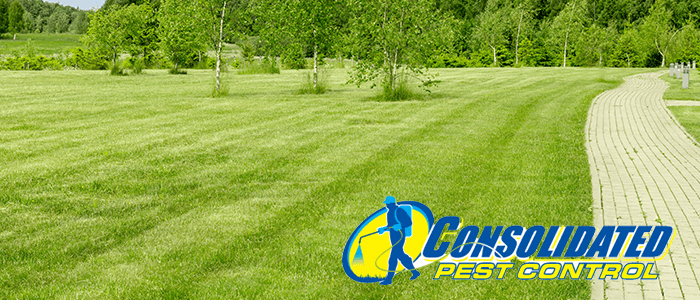Did you know that there are in excess of 4,000 different roaches in the world? Thankfully, they’re spread out across the world. As such, none of us have to worry about every species turning up in our respective pantries. There is one species though that we must be particularly concerned with, American cockroaches. They are part of a big, scientific category commonly referred to as peridomestic.
Why are periodomestic roaches of significant concern? Simply noted, they are very adaptable. And it’s their adaptability that allows them to move from the great outdoors to building interiors or vice versa, virtually unscathed. Other roaches aren’t so flexible, which obviously has a great impact on their life expectancy. American cockroaches aren’t the only insects that enjoy that advantage. However, the insects’ kissing cousins are not the topic of discussion today.
Like other members of the Blattodea Order, they actively seek out warm, wet, dark abodes that offer them accessibility to the essentials of life. Of course for these creepy omnivores, the essentials of life include water, milk and a series of organic matter. They’ll also dine on organic matter that has been mixed with man-made ingredients. For example, they’ll consume laundry soap and industrial strength glue. Thus, whatever is close at hand often satisfies this insect’s dietary needs.
Nonetheless, they tend to congregate underground, especially in industrial or commercial boiler rooms. They tend to gravitate to those areas because they are easily accessible. Think about it. Commercial and industrial areas frequently have loading docks and other entrance ways that remain wide open for hours at a time. Thus, American cockroaches are able to scurry inside and out at various times of the day or night. Plus, those out-of-the-way spots frequently contain warm, moist air year round.
To learn more about American cockroaches and what building owners can do to keep the insect’s population in check, please contact us today.








